Search
Remove Ads
Advertisement
Summary 
Loading AI-generated summary based on World History Encyclopedia articles ...
Search Results

Video
About the Philosopher Plato: Interview with Robin Waterfield
The first ever biography of the founder of Western philosophy Considered by many to be the most important philosopher ever, Plato was born into a well-to-do family in wartime Athens at the end of the fifth century BCE. In his teens, he...
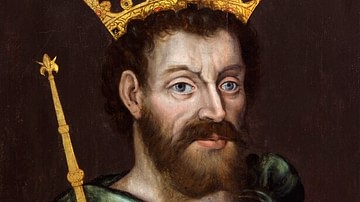
Definition
King John of England - England's Most Unpopular King?
King John of England (aka John Lackland) ruled from 1199 to 1216 CE and he has gone down in history as one of the very worst of English kings, both for his character and his failures. He lost the Angevin-Plantagenet lands in France and so...
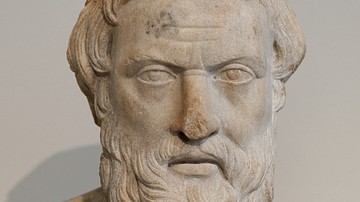
Definition
Herodotus
Herodotus (l. c. 484 – 425/413 BCE) was a Greek historian famous for his work Histories. He was called The Father of History by the Roman writer Cicero, who admired him, but has also been rejected as The Father of Lies by critics, ancient...

Image
Portrait of Ninigret or Robin Cassacinamon
Painting of a Native American sachem (chief) commonly identified as a portrait of Niantic-Narragansett leader Ninigret (c. 1610-1677 CE). The painting has more recently been identified as Robin Cassacinamon (c.1620s-1692 CE), an influential...
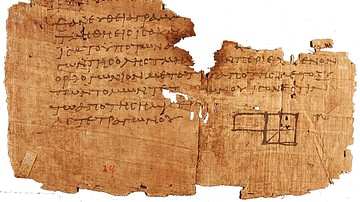
Definition
Ancient Greek Science
Ancient Greek science is a modern term for the application of systematic inquiry into the individual, the world, and the universe, which began in Ionia in the 6th century BCE with Thales of Miletus (l. c. 585 BCE) and continued through the...
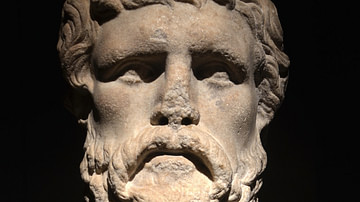
Definition
Xenophon
Xenophon of Athens (l. 430 to c. 354 BCE) was a contemporary of Plato and a fellow student of Socrates. He is best known for his Anabasis (The March Up Country) detailing the retreat of the Ten Thousand Greek mercenaries after the defeat...
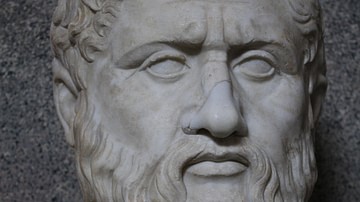
Definition
Plato
Plato (l. 424/423 to 348/347 BCE) is the pre-eminent Greek philosopher, known for his Dialogues and for founding his Academy in Athens, traditionally considered the first university in the Western world. Plato was a student of Socrates and...
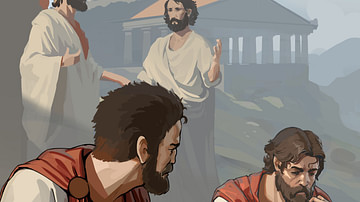
Article
Plato: The Name and The Poet
Plato (l. c. 424/423 to 348/347 BCE), the Greek philosopher whose works have significantly shaped Western thought and religion, is said to have initially been a poet and playwright and, even if the primary source of this claim (the often...
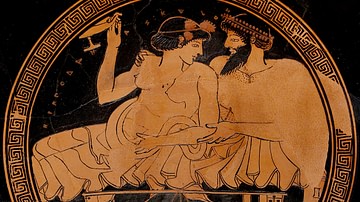
Article
Prostitution in Ancient Athens
Prostitution in ancient Athens was legal and regulated by the state. During the Greek Archaic Period (c. 800-479 BCE) brothels were instituted and taxed by the lawgiver Solon (l. c. 630 - c. 560 BCE), and this policy continued into the Classical...

Article
Herodotus: On The Customs of the Persians
Although the Greek historian Herodotus (l. c. 484-425/413 BCE) is often criticized for inaccuracy in his Histories, his frequently-anthologized On the Customs of the Persians is regarded as accurate. The passage is all the more interesting...